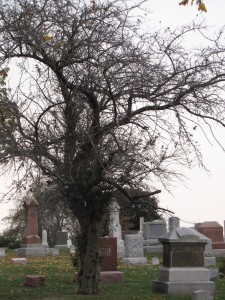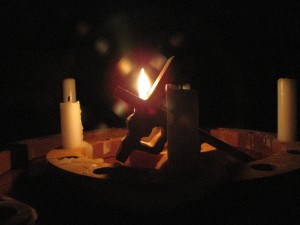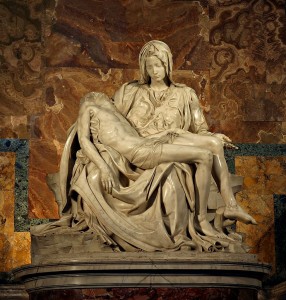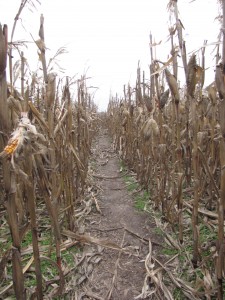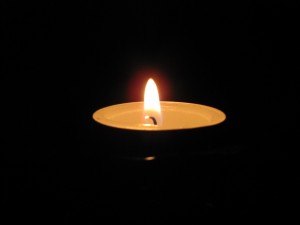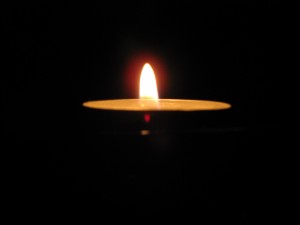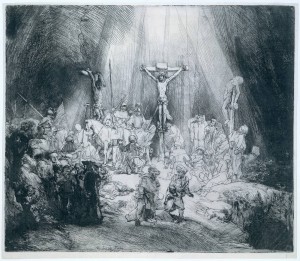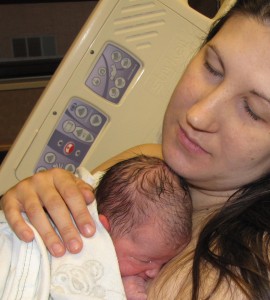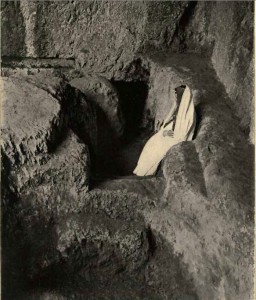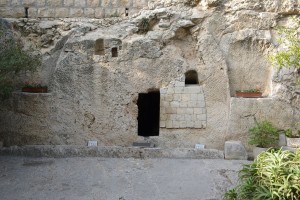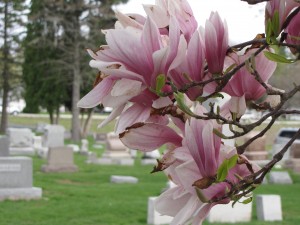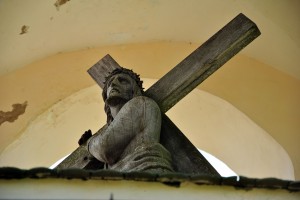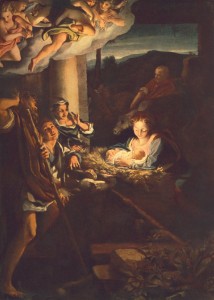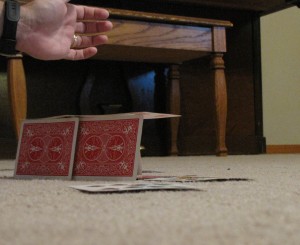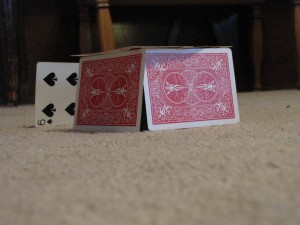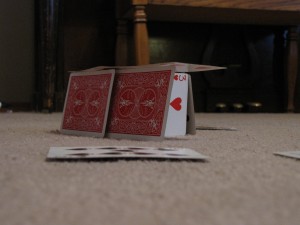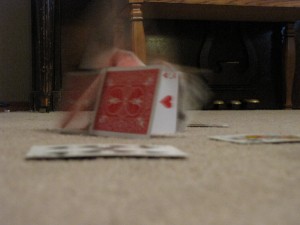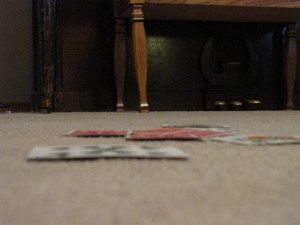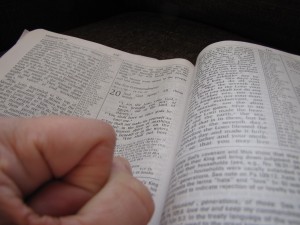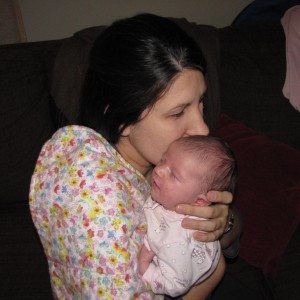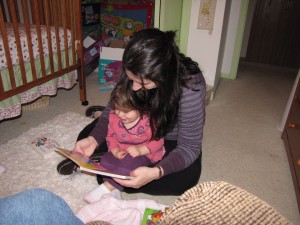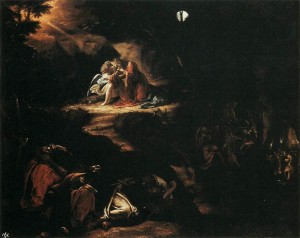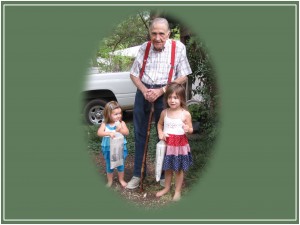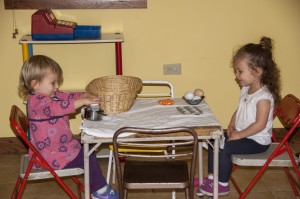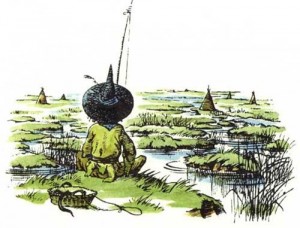To hear my blog post read aloud, just click the play button. If you’re reading this in an email, you may have to click here to hear the post on my site.
One thing is certain.
This life is full of pain.
Our world is broken and time is broken and we are broken and the result of all the brokenness is pain.
From loneliness to cancer, from dealing with tantrums to fleeing from hurricanes, we are all suffering.
Jesus didn’t try to hide this from us.
In this world you will have trouble.
He didn’t pull a bait-and-switch to convince us that following Him would make our lives rosy.
In fact, He talks a lot about carrying a cross around as we follow Him.
Some of this suffering is chosen.
Fasting. Simplicity. Solitude.
Much is unwelcomed.
Depression. Grief. Poverty.
Either way, chosen or unwelcomed, the way we choose to respond to suffering matters.
Over and over, Scripture tells us that the choices we make in this life ripple forward into the next. What we do with the ebbs and flows in our lives matter.
From interruptions to worries, from marriage to loss, every choice we make in response to our circumstances is changing us.
Changing the very essence of ourselves into something different than we are.
And taking your life as a whole, with all your innumerable choices, all your life long you are slowly turning this central thing into a heavenly creature or a hellish creature: either into a creature that is in harmony with God, and with other creatures, and with itself, or else into one that is in a state of war and hatred with God, and with its fellow creatures, and with itself. ~ C.S. Lewis
God wants to transform us.
He wants us to look like Jesus, and this life with all of its choices and pain is the method through which we are changed.
(It is) all for our good, the finished product, God’s work of art, the Kingdom of Heaven. There is nothing outside heaven except hell. Earth is not outside heaven; it is heaven’s workshop, heaven’s womb. ~ Peter Kreeft, Heaven: The Heart’s Deepest Longing
We are a part of God’s story, His work of art. If Earth is heaven’s workshop than our choices matter significantly. The way we choose to respond to our circumstances carries consequential weight.
If Earth is heaven’s workshop, then God uses all things that happen on this Earth to shape us, to mold the dark and dull thing that we are into something extraordinary, something full of light.
This life is full of pain.
Pain can be meaningless, sending us spiraling downward into the darkness.
Or.
Pain can be used by God for a beautiful purpose, filling us up with the light of Himself.
It is your choice.
Many of the ideas in this post come from Water from a Deep Well by Gerald L. Sittser, a book I would highly recommend. The link to this book is an Amazon affiliate link. Purchases through these links allows you to help support this blog through no added cost to you. Thank you.
Art credits: Pieta by Michaelangelo; photograph of light streaming through the trees by Kirk Sewell; all other photographs copyright Made Sacred 2017


